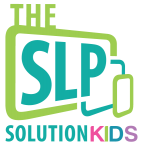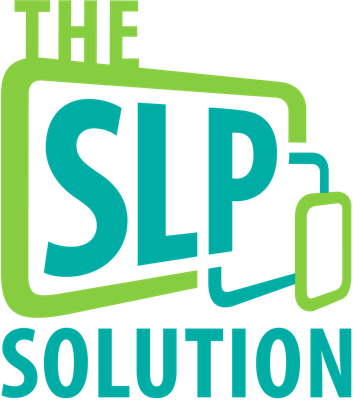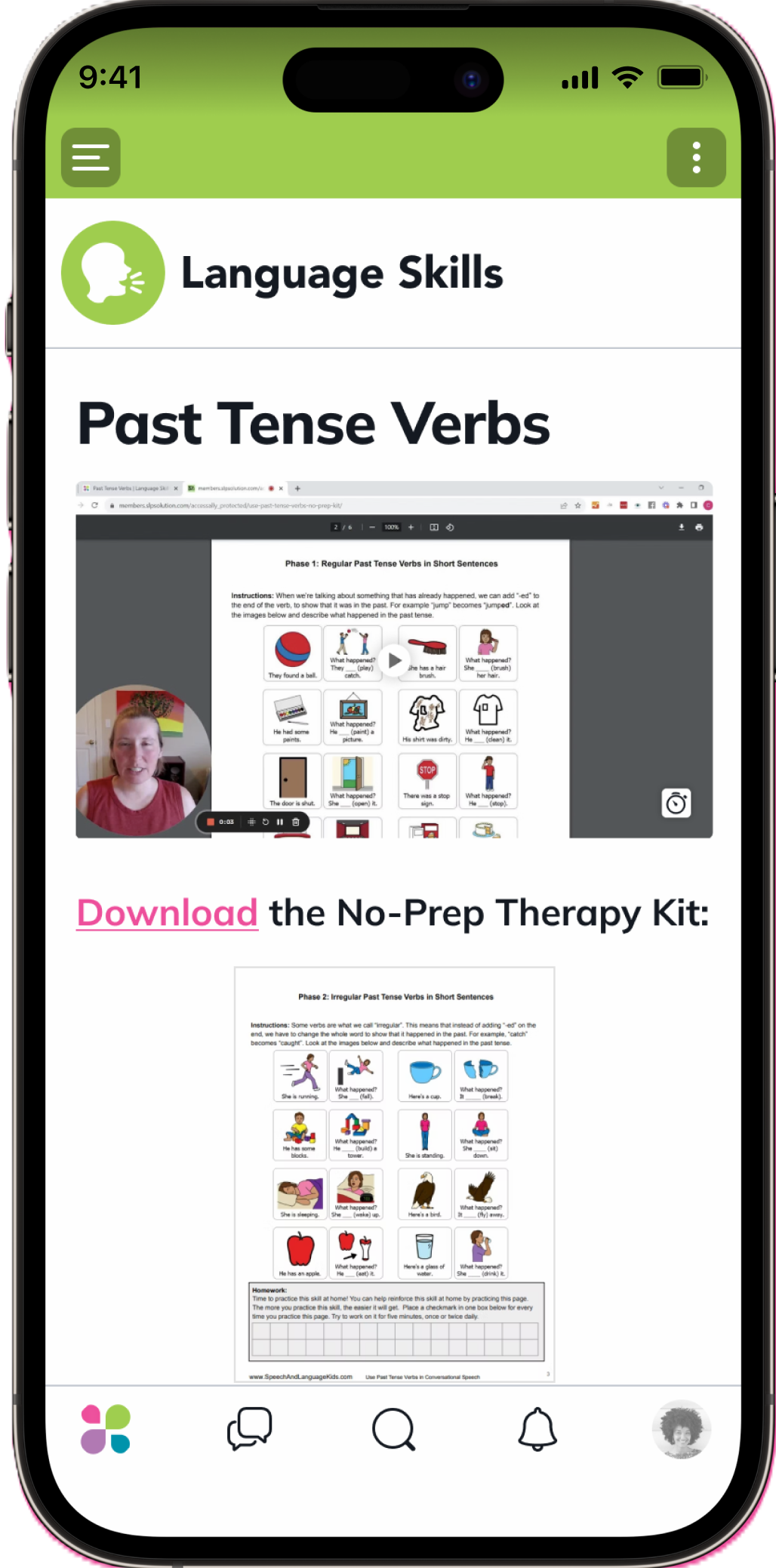I have a student who for the most part of last year in PK was non-verbal. He was diagnosed with Ankyloglossia in June of last year and had a frenotomy over the summer. This year in Kindergarten, the student’s verbalizations have increased, although he is unintelligible to unfamiliar listeners 90-100% of the time. I have been addressing phonological processes of FCD and syllable reduction. I’m not sure if I’m addressing his speech skills like I should. Should I be addressing processes present or addressing articulation with specific phonemes. Unsurprisingly, this student also has an expressive language disorder/delay.
Options:
- A child with many phonological processes should make faster progress on a phonological approach than an articulation approach
- Cycles approach is also great for children who meet the following criteria:
- Highly unintelligible
- Frequently leave out or omit speech sounds
- Replace some sounds with other sounds
- Don’t use very many different consonant sounds
- Core Vocabulary is also appropriate:
- Good for children with very severe speech problems (like severe childhood apraxia of speech) or those with limited attention for drill and practice. Also helpful for children who make very slow progress in speech or who only say a few words because of their speech problems.
- A short list of common words that the child mis-pronounces is assembled.
- These words are practiced in isolation and then the child gets to play with whatever he wants (as long as he will talk with the therapist). When those words come up in conversation, they are practiced with correct production.



